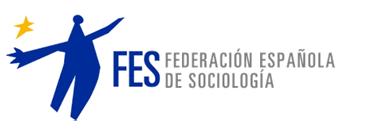Inequalities, (des) skills and desires: how to explain the relationship people / machines?
Keywords:
Digital Technologies; Digital appropriation; ExperiencesAbstract
The purpose of this article is to shed light on the human / machine relationship and on the current sociotechnical phenomenon. The technique has been present in societies forever, however, the explanations of how people and machines are related has had different paths. For this reason, this work seeks to carry out an analytical theoretical journey through two currents of studies about technique: determinism and constructivism. For the study of the two currents equal parameters are taken, divided into three analysis categories: inequalities; des (abilities) and desirabilities. By analyzing both currents from these three parameters, the aim is to understand how the human / machine relationship is explained and, in turn, to generate a starting point for new currents of sociotechnical studies to be developed, focusing on perspectives absent in determinism and in constructivism. It is concluded that while the deterministic currents leave out the subjective dimensions of the technical phenomenon, the constructivist currents do not manage to generate a superior knowledge in this aspect, therefore, this analysis could constitute a starting point for new aspects of sociotechnical analysis.
Downloads
Downloads
Published
Issue
Section
License
Sociología y tecnociencia is licensed under a Creative Commons Attribution 4.0 International License (CC BY 4.0).
The journal allows the authors to retain publishing rights. Authors may reprint their articles in other media without having to request authorization, provided they indicate that the article was originally published in Sociología y Tecnociencia.



